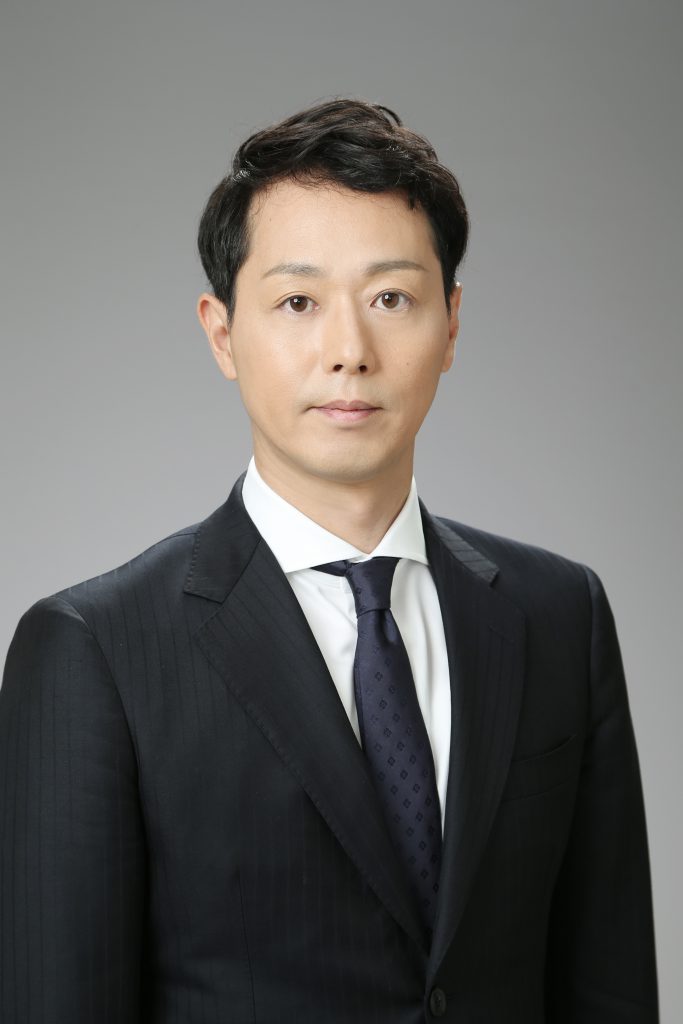東京都では飲食店への営業時間の短縮要請が解除されました
過去最大となった第5波ですが、全体論としては感染者数に対する死亡者数は大きく下がったといえ、やはりワクチン接種が進んだ効果が大きかったのではないかと思います。一方で入院できない患者の方や自宅療養中の死亡例の増加など、医療体制の逼迫が問題にもなりました。イギリスではまた1日の感染者数が4万人台となるなど”これでおわり”ということでもなさそうですから、状況をみながらメリハリの効いた対応をしていくことが重要になりそうです。それにしても緊急事態宣言の解除から1ヶ月が経つところなのに、なかなか専門家の方からは納得感のある要因分析についての情報発信がないですね・・・憶測でないデータに基づいた分析が待たれるところです。
今回は裁判のお話です
さて、話題は変わって今回はメディカル・ヘルスケア分野で注目の裁判についてです。2つの裁判が9月から行われています。1つは、日本のノーベル賞受賞者である本庶佑先生がその発明の対価について小野薬品工業と争っている”オプジーボ訴訟”です。もう1つは、アメリカで血液検査スタートアップTheranosを創業し、”次世代のスティーブ・ジョブズ”などといわれた起業家であるエリザベス・ホームズ氏が詐欺罪で告発されている裁判です。
オプジーボ訴訟
これは本庶先生の研究成果を基に開発されたがんの免疫チェックポイント阻害薬である「オプジーボ」の特許使用料(ロイヤルティ)について、本庶先生が特許の共同権者であり薬の製造販売元である小野薬品工業を訴えている裁判です。同種のがん免疫薬「キイトルーダ」を販売するメルク社との訴訟で得た特許使用料(メルク社→小野薬品)をどう本庶先生と配分するかで争っていて、両者の主張のひらきは実に262億円にのぼります。裁判は9月2日に大阪地裁ではじまりまっており、現在は和解提案について協議中です。産経新聞さんの詳報がとても詳しく裁判でのやり取りを報じています。
ポイントその①:妥当な対価とはいくらなのか?
裁判を起こした本庶先生側の思いとしては、そもそものところでいわゆる”発明の対価=ロイヤルティ(小野薬品→本庶先生)”が少なすぎる、という考えがあるようです。ちなみに裁判でのそれぞれの主張はざっと以下のような感じです
【裁判における両者の主張】
本庶先生側:メルク社との訴訟対応について応分の対価を要求する。小野薬品から40%を配分するという提案もあったはず。(正当な対価を支払え!)
小野薬品側:たしかに提案はしたが本庶先生側と合意できなかった。なのでもともとの契約条件どおり1%を対価として支払った。(後出しジャンケンはズルい!)
特許のロイヤルティ料率についてはいわゆる”相場”というものがあります。過去事例などを調査したものが基に「業界ごとの水準」が整理されています。具体的には「実施料率 第5版(発明協会研究センター 2003年)」や「ロイヤルティ料率データハンドブック(経済産業省知的財産政策室 2010年)」が参考とされる代表的なもので、医薬・バイオの分野では3-5%の幅、あるいは平均で6%といった数値が出てきます。※裁判のケースはメルク社から支払われたライセンス料の「配分」を巡る争いなの、直接的にこれらを1%や40%と比較するという話ではありませんのでご注意を
ただし、今回のお話は、「そもそも今までのロイヤルティのあり方が間違っているんじゃないの?」という問題提起でもありますので、過去事例を基にした判断がそもそもよくないということかもしれませんが、”発明者と企業の正当な発明の対価の配分とは何か?”という問題に一石を投じる議論になりますので、どのような結果となるのか注目です。また、本庶先生は得たお金で若手研究者のための基金を作るといっています。これはメディカル・ヘルスケア分野の1つのエコシステムを形成する取り組みともいえますので、ぜひとも頑張って頂きたいとな思います。
ポイントその②:でも・・・契約していたのではないのかしら?
一方で気になるのは、小野薬品は2006年締結の契約書に基づいて対価を支払っている、という点です。契約があるということは両者で合意がなされているということです。この契約書上「第三者から特許使用料を得た場合、1%の対価を支払う」となっているようで、つまりメルク社とのケースついてもきちんと取り決めがあった、ということでもあります。この点について本庶先生側は正確な説明や情報提供がなく不当に低い料率で契約をしてしまったという主張をしていますが、職務発明のように企業の規定などで条件があらかじめ決まったいたわけではないので、契約がすでにあったという点はあまり無視できないところのように思います。
確かに、本庶先生は研究者であり契約の専門家ではありませんが、2006年ということは・・・たぶん京都大学には知的財産企画室とか「医学領域」産学連携推進機構とか、あったはず、ということを、その頃にちょうどその周辺をウロウロとしていた身としては思う次第であったりします。もし機会があれば当時の状況などちょっとどなたかに教えて貰えないかな、とも思っています。
知的財産の議論は、メディカル・ヘルスケアの分野では非常に重要なものですので今後も注目をしていきたいと思います。次回は2つの裁判(後編)です。米国で詐欺罪で告発されている起業家エリザベス・ホームズ氏の裁判について書いてみようと思います。
文責:伊藤 愛

伊藤 愛(株式会社CDIメディカル 執行役員)
大阪大学大学院薬学研究科修士課程修了(薬剤師)。京都大学大学院医学研究科修士課程修了。
商社、独立系ベンチャーキャピタル、ヘルスケア・バイオベンチャー企業、経営コンサルティングファーム等を経て現職。ライフサイエンス・ヘルスケア分野を中心に、中期経営戦略等、新規事業戦略、海外展開、オープン・イノベーション戦略等、戦略立案から実行支援を含むコンサルティングを実施。